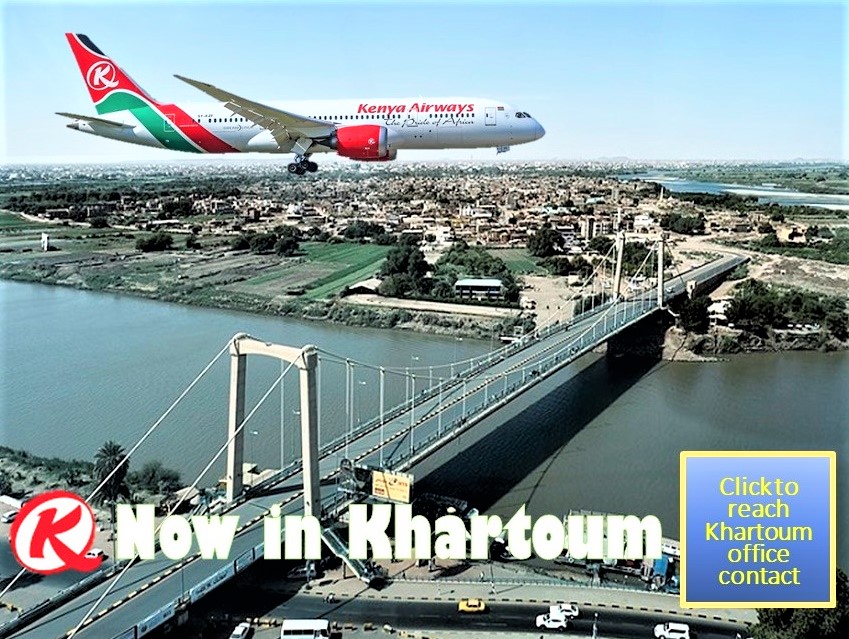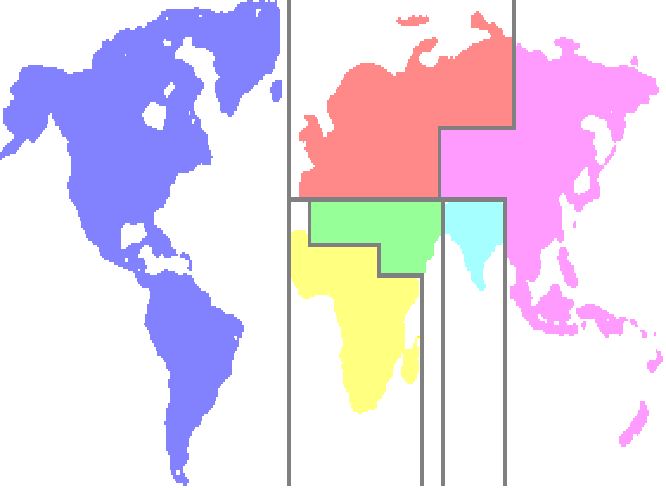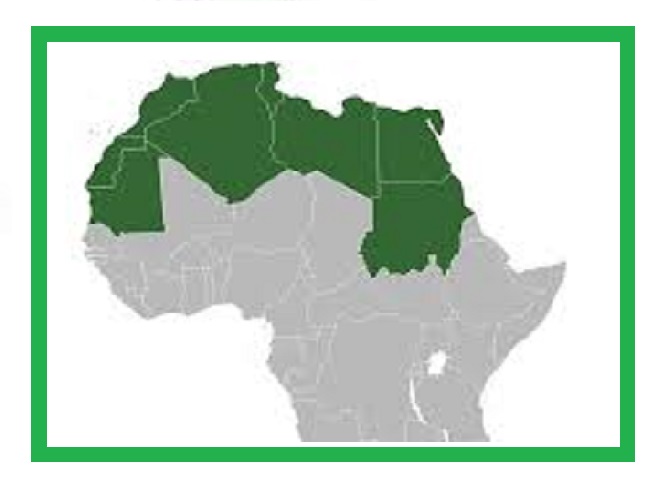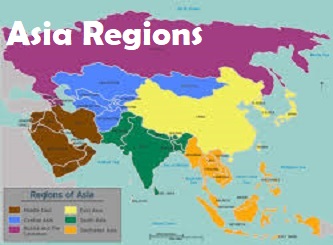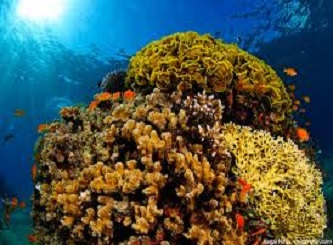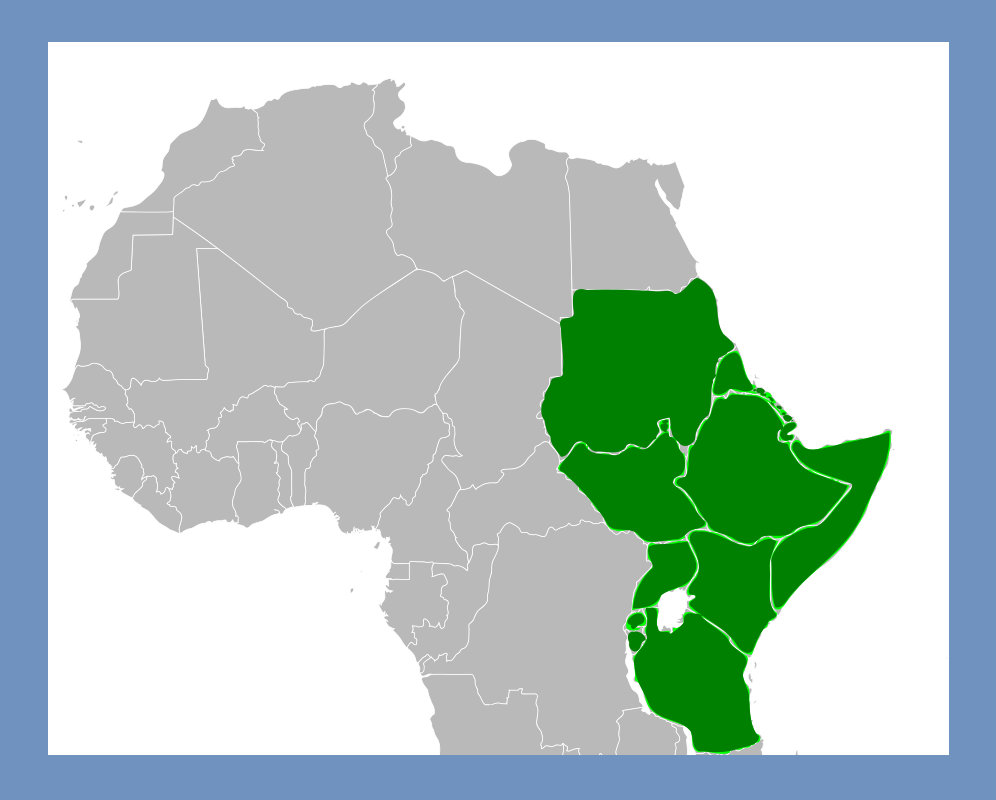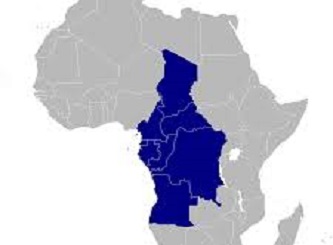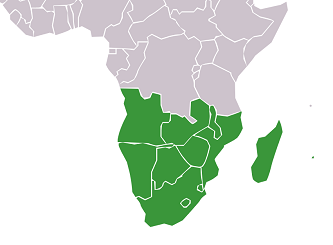Kenya and Ethiopia: Competitors or Partners
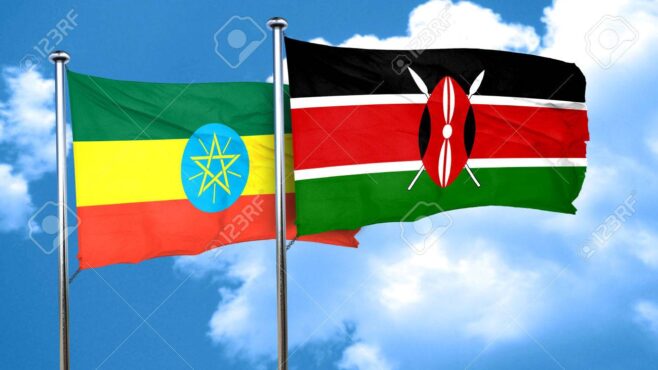
Kenya and Ethiopia share more than just a geographical border. They share ambition, influence, and the unspoken need to outdo each other. On the surface, they are partners, tied together by trade deals and infrastructure projects. Beneath and above that, they are rivals, each determined to secure its place as East Africa’s dominant force. Cooperation is a necessity, but competition is obviously inevitable.
Trade tells part of the story. Kenya exported $95.1 million worth of goods to Ethiopia in 2022, while Ethiopia’s exports to Kenya totaled only $26.6 million. The imbalance is clear, but numbers do not fully capture the full picture. Ethiopia has been making silent moves, pushing industrialization and attracting investment. The Lamu-Addis Ababa corridor and cross-border energy deals signal a working relationship, but in reality, both nations are positioning themselves for long-term control over regional trade.
Infrastructure is where their ambitions collide most visibly and accordingly. Kenya’s Mombasa port has long been East Africa’s trade gateway, but Ethiopia has been investing heavily in alternative routes. The push for direct access to the Red Sea reflects more than economic necessity. It is a sign that Ethiopia is preparing for a future where it no longer relies on Kenya’s ports. Both nations are expanding, and while they often sign agreements, each move is a calculated step toward outpacing the other.
Their relationship is built on a fragile balance. They need each other, but neither can afford to fall behind. Whether they remain partners or drift into deeper competition depends on who wins the economic race. The future of East Africa may not be decided by war or politics, but by which of these two giants can pull the region in its direction first.

